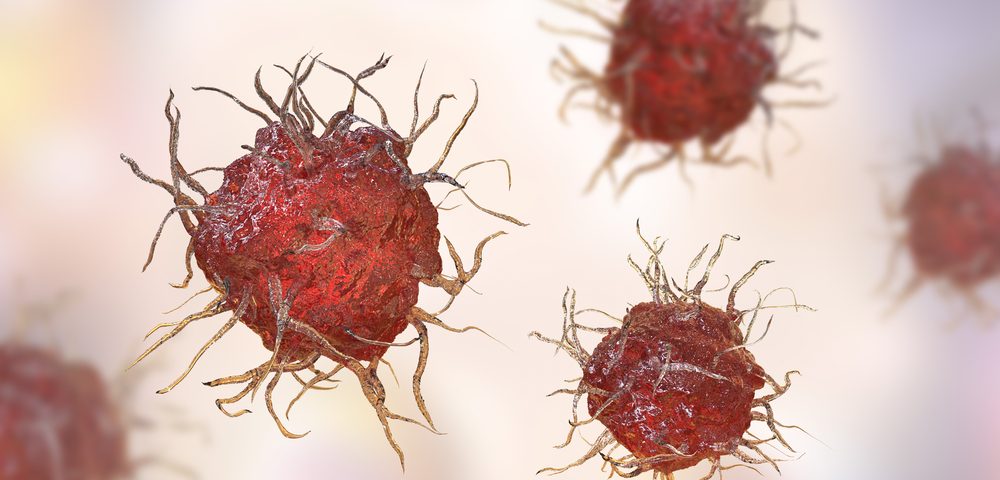Aivita Biomedical has initiated a Phase 2 trial of a new kind of dendritic cell immunotherapy for certain types of ovarian cancer.
The therapy uses a patient’s own dendritic cells, which are boosted to fight the tumor by exposure to tumor proteins.
The trial is running at the Hoag Memorial Hospital Presbyterian in Newport Beach, California. The company plans to add additional sites in the coming year.
The study, called Root of Cancer (NCT02033616), will enroll 99 women who will be randomly assigned treatment with the immunotherapy — called AVOVA-1 — or a monocyte placebo control. Monocytes are a cell type similar to dendritic cells. For every two patients receiving the active treatment, one will get a placebo.
Women with stage 3 or 4 epithelial ovarian, fallopian tube, or primary peritoneal carcinoma will be included in the study. To be eligible for participation, women need to have had debulking surgery to remove the larger part of the tumor. They also need to be in relatively good general condition.
Researchers will assess patients’ overall survival in a five-year frame — a measure making up the study’s primary objective. But they will also assess progression-free survival, measuring how quickly patients progress after the treatment.
Meanwhile, Aivita is working to identify a marker that can be used to evaluate the effectiveness of the dendritic cell treatment. The company is also developing an assay to predict the potency of the therapy.
The treatment is produced by isolating immune cells from the blood. These cells are then grown in the lab and loaded with fragments of so-called tumor-initiating cells from the patient.
Tumor-initiating cells — which researchers refer to as the root of cancer — are found in small numbers in a tumor, but have a strong ability to generate additional cancer cells. Researchers believe they act to drive tumor growth and spread.
The exposure to these tumor cell fragments educates the immune cells to seek out and destroy the tumor once they are injected back into a patient.
Aivita also believes that by using tumor-initiating cells to prime the immune cells, they may become better at recognizing tumor cells that mutate or cells that are about to become cancerous — hence improving the effectiveness of the treatment.
“The gynecologic oncologists we are working with have been strong clinical partners to Aivita in bringing this promising cancer vaccine to patients from our local community,” Dr. Robert Dillman, chief medical officer of Aivita, said in a press release.

